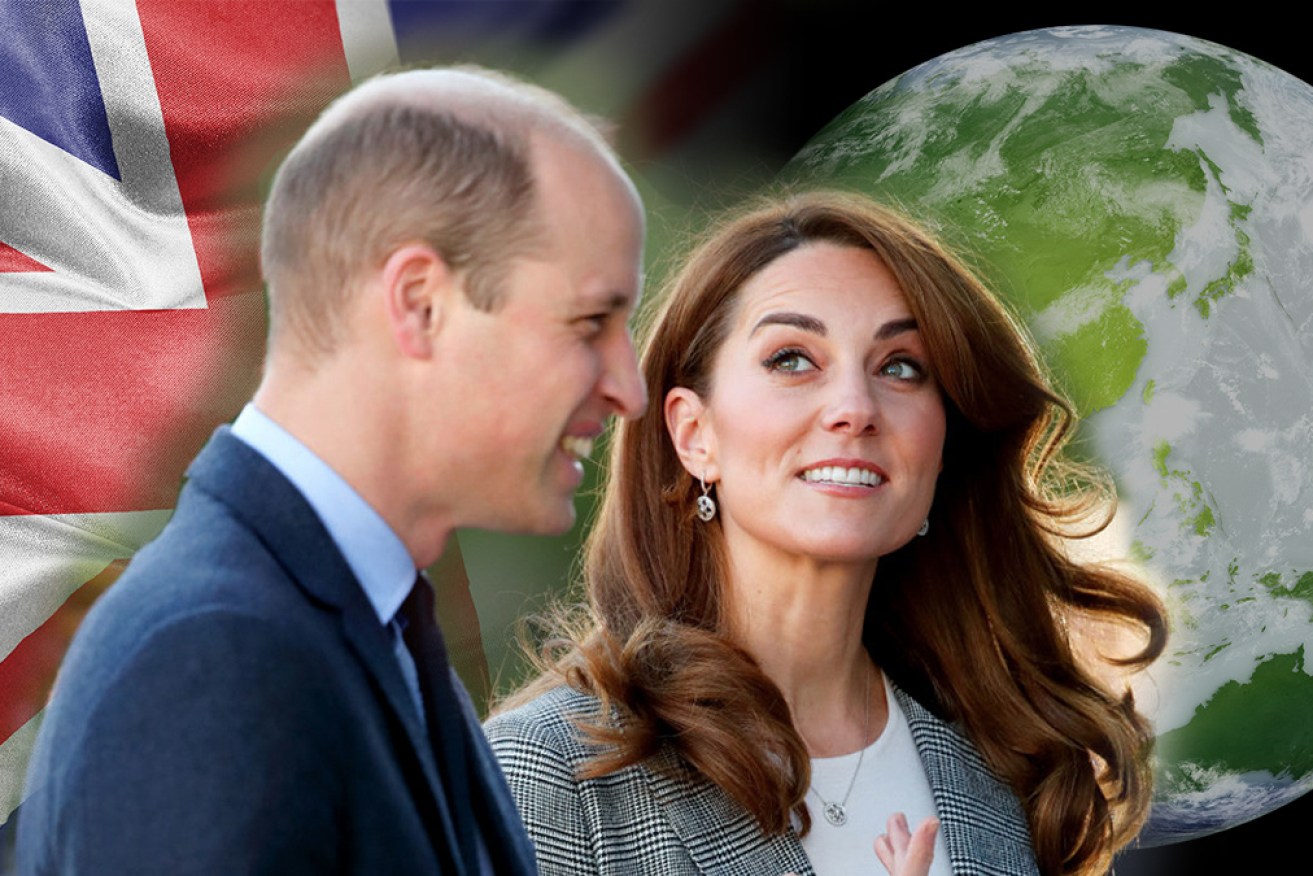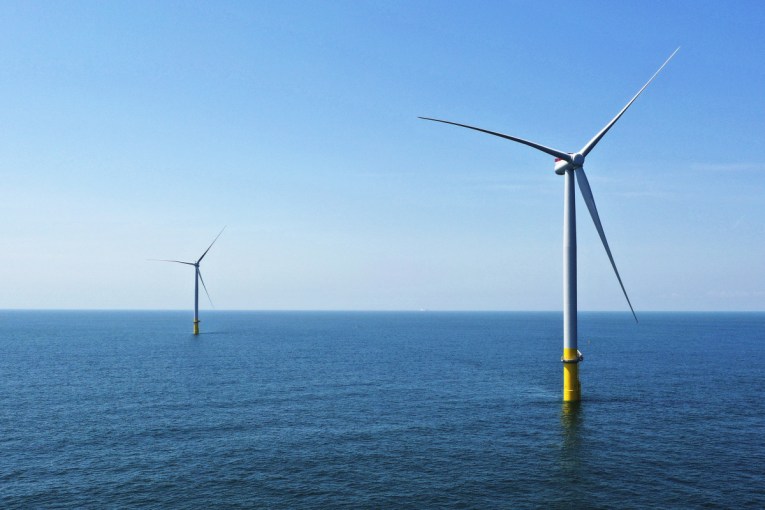UK hits renewable energy milestone as royals announce new prize


The Duke and Duchess of Cambridge hope their new environmental prize will provide answers to some of the world's biggest problems. Photo: The New Daily
As unprecedented bushfires rage across Australia, the United Kingdom has announced a watershed moment in its fight against climate change.
Last year, for the first time since the industrial revolution, renewable power sources generated more of the UK’s energy than fossil fuels.
Figures from the UK’s National Grid reveal 48.5 per cent of the country’s power in 2019 came from renewables, 43 per cent came from fossil fuels and 8.5 per cent came from biomass and waste.
The figures took into account energy imported from other countries too and came after several members of the royal family made public statements calling for more action on climate change.
On New Year’s Eve, the Duke and Duchess of Cambridge announced “the most prestigious environmental prize in history” in an attempt to provide answers to some of the greatest problems facing the planet.
Inspired by former US president John F Kennedy’s lunar ‘Moonshot’ programme, the ‘Earthshot’ prize will be awarded to five people every year over the next decade. It will focus on energy, air pollution, fresh water levels and biodiversity, to name a few.
Prince William said humanity faced a stark choice: “Either we continue as we are and irreparably damage our planet or we remember our unique power as human beings and our continual ability to lead, innovate and problem-solve”.
His comments came after the Queen used her annual Christmas address to praise new generations for bringing a “sense of purpose to issues such as protecting our environment and our climate”.
Meanwhile, Coalition MPs in Australia are slowly beginning to link the recent bushfires and ongoing drought to climate change, after the prime minister and other senior figures spent weeks refusing to do so.
Australia has a lot of catching up to do to match the UK in its use of renewable energy.
According to Tony Wood, director of the Grattan Institute’s energy program, Australia generates roughly a quarter of its energy from zero-carbon energy sources.
It’s currently expanding its renewable energy capacity 10 times faster than the world average, on a per capita basis.
But steadily rising emissions in transport, agriculture and industry – save for a marginal drop caused by the ongoing drought – mean it’s still likely to miss its 2030 emissions reduction target.
The government is projecting emissions in 2030 to be 16 per cent lower than 2005 levels. Its target is to cut emissions by 26 to 28 per cent.
Mr Wood told The New Daily Australia was on course to miss its targets because “outside the electricity sector, there’s nothing to constrain emissions”.
“For example, in transport, we don’t have any particular policies to push towards lower-emission vehicles, such as electric vehicles, and the economics of buying those things are still relatively poor, so people aren’t buying many of them,” he said.
“If the world was suddenly making really cheap electric vehicles and we were buying them, our emissions would come down for that reason. But nothing else is driving down our emissions – there’s no international pressure on us to push our emissions down, and because of the Kyoto carryover we can claim that we’re on target anyway.”
Mr Wood said the 2010s amounted to “a lost decade of policy opportunities”.
Despite several promising ideas, including a carbon pricing system and an emissions reductions fund, the country ended the decade without a coherent climate and energy policy.
“Emissions might come down, they might go up,” Mr Wood said.
“But whatever they do, it won’t be because of government policy, it will be because of economics.”








